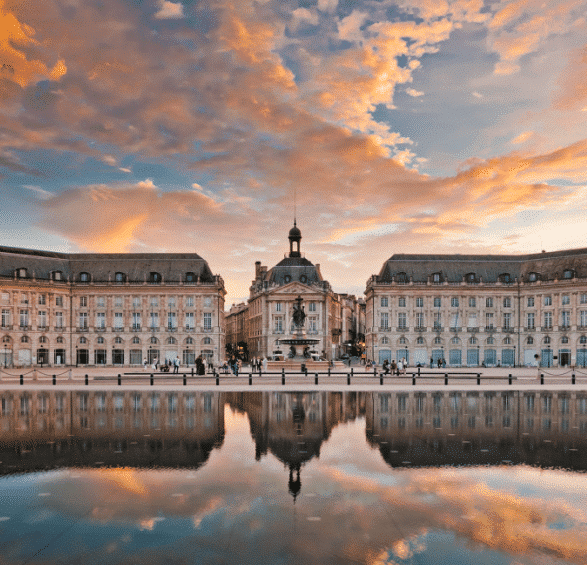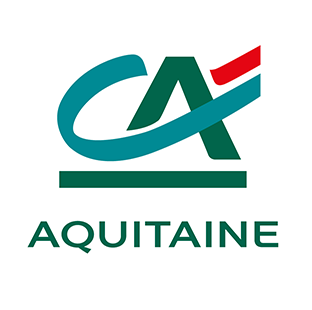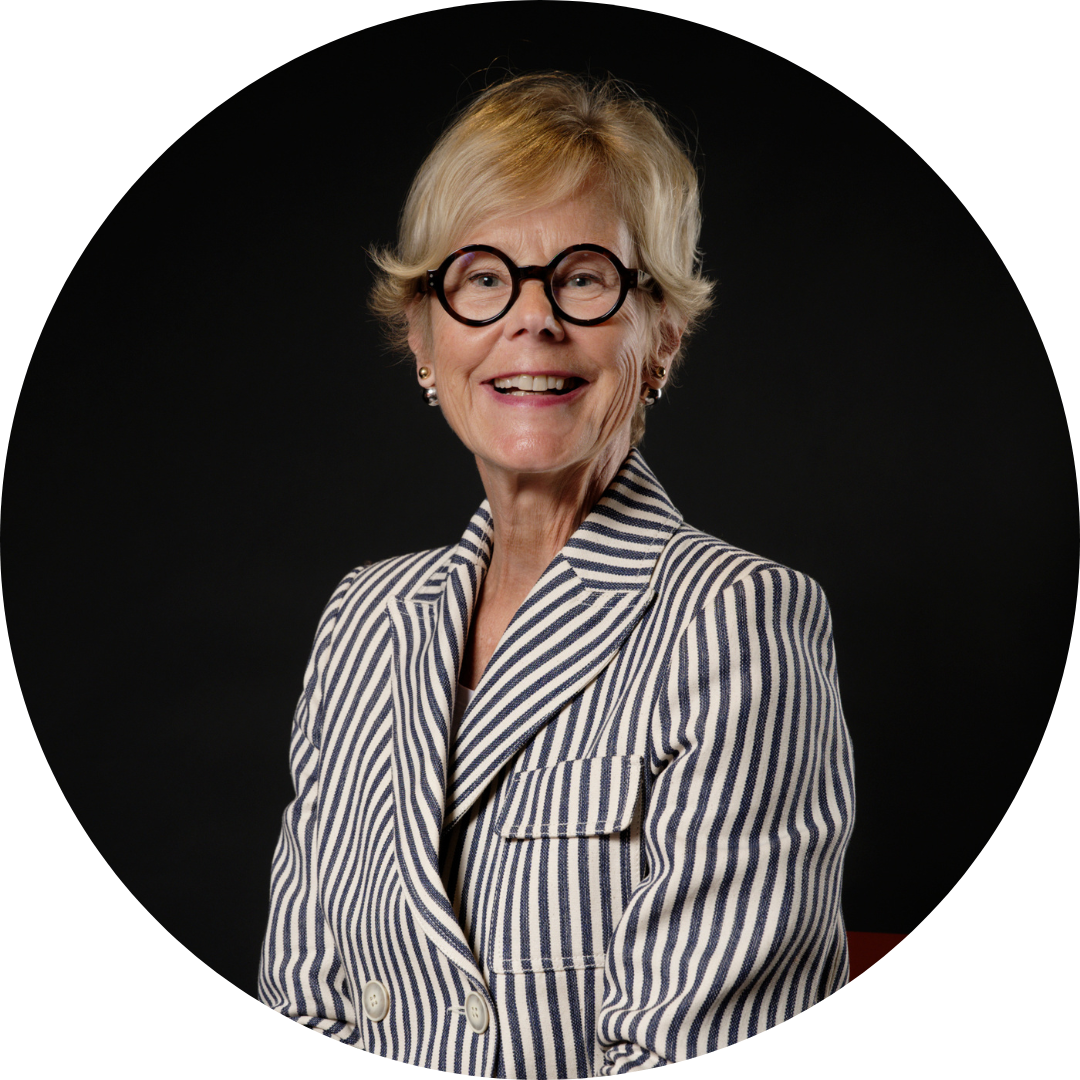“We are committed to supporting the evolution of the Bordeaux wine industry”
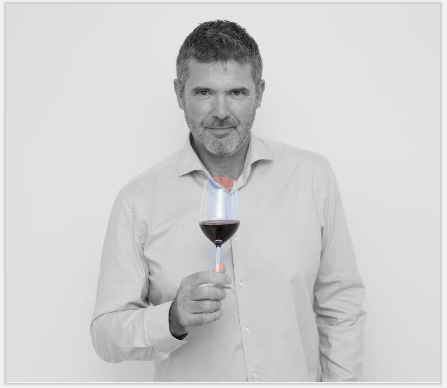
Eric Garreau
Head of Viticulture and Major Wine Companies
Crédit Agricole Aquitaine
Gerda: Can you tell us about the wine market division and your role?
Eric Garreau: In 2005, after working as head of the Saint Emilion group, I decided, at the request of the CEO at the time, to set up and organise a wine sector, given that Crédit Agricole was already a major player in the winegrowing sector. This was a unique division. There is no other place in the world with the specificity of the wine industry that we have here in Bordeaux. This is not the case for other banks and Caisses Régionales Crédits Agricoles.
In Bordeaux, we have 100,000 hectares of vineyards concentrated in one place, with more 250 Crus Classés or similar wines of great renown. We have a unique financial market for wine, where all the world’s logisticians are present. The world’s major buyers and distributors have strong relationships with La Place.
Our division has a dedicated wine team that works exclusively with châteaux, négociants, courtiers and parallel players. We offer tailor-made solutions for the Grands Châteaux and the Grands Négociants, while adapting these ‘ready-to-wear’ solutions for the rest of our clientele. We have a penetration rate of 80% in the production sector and 75% for the Grands Châteaux.
The team consists of 15 people dedicated to managing the Grands Châteaux and Grands Négociants. The division has a total of 60 employees who focus on the retail sector. All our staff are WSET trained, and the 15 staff working on the corporate segment all have WSET Level 3.
The idea behind the creation of this agency in 2005 was simple: to specialise in order to provide more advice to our clients and to establish ourselves as a partner for day-to-day business, development, exports and strategic and capital-intensive matters.
G: Can you give us an overview of the role of banks in supporting the Bordeaux wine industry?
EG: The banker’s primary role is to support the wine industry’s economy. However, this sector has one particularity: when a winegrower plants vines, it’s a long-term investment, often for 50 years. The winegrower has to make decisions on a multitude of parameters, such as the choice of rootstock, the location of the vines and the installations. That’s why it’s essential for us to be present on the markets, to follow the wine economy and to be fully integrated into this ecosystem.
This presence enables us to play an informed role in the strategic directions proposed by our customers, and to see ourselves as long-term partners. Today, we try to support our customers in adapting their products and to develop a solid relationship with the wine trade to anticipate future needs. Bordeaux winegrowing is a complex business, and we’re working hard to put in place financing solutions that are tailored to each player. Today’s financing will create tomorrow’s value.
Economic Impact of Wine in Our Region
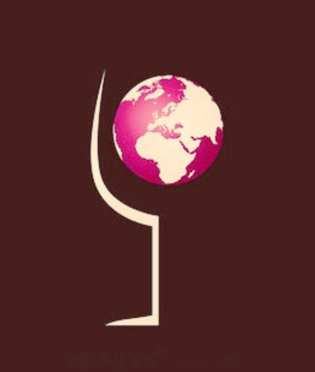
G: How would you assess the economic impact of the wine industry on the Bordeaux region?
EG: For over 15 years, we have observed a decline in consumption, partly due to changes in consumer habits. France remains the second-largest wine-consuming country in the world, with 55% of our French and Bordeaux production sold on the national market.
In 1970, per capita consumption was 120 liters when the global population was 4 billion. Today, with a global population of 8 billion, consumption in France has dropped to 32 liters per capita!
The geopolitical context isn’t helping, as the war in Ukraine has worsened the situation by increasing the cost of energy, inputs, and many products. This has led to significant inflation, ranging from 8% to 15% in some countries, along with a rapid rise in interest rates.
All this has an impact on purchasing power. Given that wine is not a beverage of first necessity, there has been a decline in its consumption in all countries, and a tendency for young people to lose interest in it. World wine consumption has fallen from 245 million hectolitres in 2017 to less than 221 million hectolitres today.
It’s also true that world production is falling. Some countries are reacting much more quickly than we are in France. Vines are being uprooted in Australia and the Napa Valley not only due to marketing problems but also because of water issues. It is estimated that in France, between 80,000 and 100,000 hectares of vines need to be uprooted to align our production with our marketing capacity.
We must remain optimistic: the global wine market represents 340 billion dollars, with 40% of volumes traded. Yes, consumption is declining, and yes, we need to adjust production methods according to demand. That is why there are and will be uprootings, but the market still exists. Looking optimistically at global alcohol consumption, wine represents only 8%. Therefore, there is still room for growth.
Financing & Investment
G: What are the main challenges facing vineyard owners and the negociants?
EG: In addition to the challenges I’ve mentioned, there’s also the challenge of profitability in the wine industry. How can I earn money and make a good living while remaining competitive? In Bordeaux there isn’t just one wine industry. There is the Grands Crus Classés segment, the segment between €5 and €15 which produces some very good wines and the generic wines. Within each of these 3 segments there are 3 further sub-segments: Premium, intermediate and entry-level.
Another challenge is the environment and adapting product profiles to new consumer habits. There is the question of the age pyramid of winegrowers and the transfer of their farms. It’s crucial to adapt to tomorrow’s world, which will be different and changing rapidly. We’re living through a revolution comparable to the one our ancestors experienced with the arrival of the car or the telephone.
G: How do you rate the financial state of La Place de Bordeaux?
EG: The financial state of La Place is complex because of the diversity of the players involved. It’s important to stay alter and not add to existing fear. The banking profession relies on a high degree of confidentiality. The rapid rise in interest rates is having an impact on carrying costs, both for estates and for the trade, and this is influencing the strategies that are put in place. This increase in carrying costs is not a problem if margins are high and if it is part of a strategy that is chosen rather than imposed. At present, some players are undergoing these changes, while others have integrated them into deliberate strategies, enabling them to adapt better to the current context.
Nevertheless, all have been affected by a 6% to 8% drop in consumption over the past two years, and the export market is in turmoil. In February 2018, mainland China imported 618,000 hectolitres. Today, it imports just 226,000 hectolitres.
As I said, it’s the rapid rise in interest rates that has taken the market by surprise, and it’s difficult to adjust prices to maintain margins. We may also have gone through an abnormal period with interest rates close to zero.
Financing our economy at 0% was not healthy either. We have forgotten the real logic of economics: we need to generate margins, distribute them and capitalise the structure of each company. Everyone should review their economic model, which would be virtuous. What is not virtuous is surviving on 0% profitability. For a few years, we operated under a business model that was not sustainable, but we could continue to survive because money had no value. It was the suddenness of this change that surprised us. The Place de Bordeaux is now in a more constrained situation and must certainly adapt its practices.
All this also raises questions for the Grands Châteaux: how can they ensure that their wines are sold smoothly on La Place? For the smaller Châteaux, the question is whether their product profile is still appropriate for the range in which they operate. Some Châteaux may have relied too heavily on the “appellation d’origine contrôlée” designation. These specifications are not always in tune with the tastes of today’s consumers, who may expect something different from a good wine. There are Châteaux that understand these expectations and are adapting by producing wines with different profiles and ranges, breaking away from the classic framework of the Bordeaux appellation.
Let’s adapt, because in today’s market, the customer is king. You have to be able to liven up your brand, make it attractive and desirable, and communicate differently.
Trends & Innovations
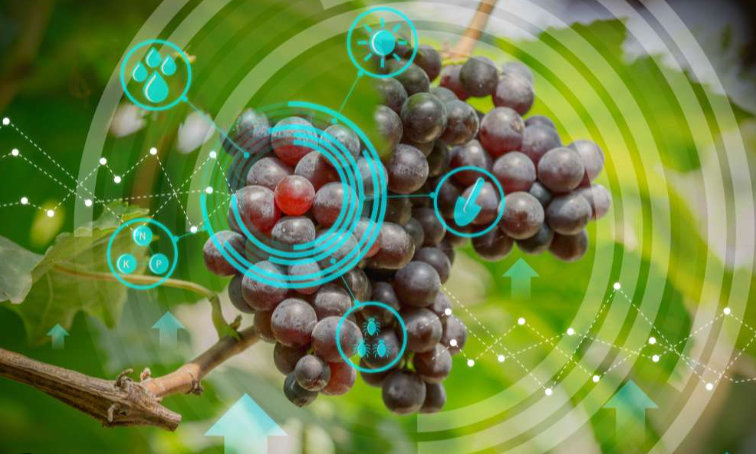
G: Have you observed any notable trends or innovations in the wine industry’s requests for financing in recent years?
EG: New financing requests may be aimed at limiting the carbon footprint. It’s important to know that in all the financing, we provide, we have integrated CSR standards and qualitative criteria to determine whether the winegrower is committed to this approach. We give them a financial encourage by granting them a bonus, and for those who are not involved, we provide them with references of people who can help them in this process.
G: How do you see the Place de Bordeaux distributing wines from outside Bordeaux?
EG: La Place of Bordeaux is unique in the world. The fact that some of the richness of the brands distributed remains at La Place de Bordeaux is a good thing.
However, this must not be to the detriment of the Châteaux in our region. We have to accept that we are in an open and free market. The more powerful La Place is, the better it will be for everyone. No one needs convincing that Bordeaux is the ideal place to produce great wines.
We have two extraordinary banners on our territory: the Bordeaux banner and the France banner. In my opinion, the latter is not promoted enough, unlike the Italians who know how to promote their national production. France produces superb food that is recognised the world over. However, today we are too individualistic in our efforts to win over consumers. Perhaps in the past it wasn’t necessary to play the collective game, but the market has changed. We need to play more collectively, and we’ll all get a bigger share of the market. I’m convinced of that.
International Markets
G: What role do the banks play in helping wineries and negociants navigate these conditions?
EG: We remind our partners of the basics: diversify their sources of supply and their customers by country, take out guarantees on export markets, and respect the limit allocated to these guarantees. Secondly, we support negociants and Châteaux in their efforts abroad, providing them with the services of our representatives based in over 60 countries. These representatives help our customers to develop a relevant strategy in each market by putting them in touch with the local environment, such as business lawyers and importers. This network allows us all to shine, on condition that our customers are prepared before meeting the importers : Have they done the minimum required to approach these countries? Have they prepared their presentation documents in the local language? Do they have samples? Does the profile of their products match consumer expectations?
The export market has not fundamentally changed. Competition remains intense. What’s crucial is getting to know your customers, understanding them and meeting their expectations. We need to understand what not only our direct customers but also end consumers are looking for. It’s essential to adapt our offerings to what consumers want. Of course, our very Grand Châteaux have their own specific configurations, but they all have to adapt and know their markets well to make their products desirable.
What has evolved are the methods of contact and interaction with our customers. What remains unchanged is the importance of the personal connection. It’s crucial to dare to contact our customers, to create strong, lasting relationships with them. The wine trade is not limited to a single sale; each year brings a new harvest and requires us to continue to nurture this relationship with our customers.
Vision of the future
G: A lot of properties have been sold to Chinese investors. Are you seeing a different profile of buyers recently?
EG: Bordeaux has a long history of welcoming people. For a time, we welcomed a lot of Anglo-Saxon, Japanese and institutional buyers. The opening up of the Chinese market has also attracted a number of Chinese investors who have acquired a few properties, but out of the 9,000 châteaux in Bordeaux, only 200 have been sold to the Chinese, which is not a huge number.
At the moment, I don’t see a significant new profile of buyers emerging. We continue to attract captains of industry interested in certain châteaux and investors looking to diversify their assets. Wine is still a big attraction.
Message to Customers & Partners
G: Without going into too much detail, how would you assess RCA’s financial situation?
EG: You tell Roland to call me (laughing)… Roland has been able to anticipate many of the points I’ve mentioned. Roland and his team are close to their customers, they offer a diversified range, they are committed to distribution, and they quickly revitalise the brands.His approach is consistent with his business model. Every company needs to have a very strong axis to succeed. Firstly, a charismatic leader with vision and ambition. When you have a clear vision, you are generally able to assume your ambitions. To develop a vision, you need to be in tune with the market. It is when several people share these visions that the market moves in that direction. Some entrepreneurs are ahead of the game, and Roland Coiffe is one of them.
The strength of La Place de Bordeaux lies in its ability to bring together different business models. Within the production entities, some are more successful than others, even with the same terroirs. The successful entities, like the other players in La Place de Bordeaux, are run by leaders who analyse, who instil their passion, who manage to gain the trust and desirability of their products.
Gerda BEZIADE has an incredible passion for wine, and possesses a perfect knowledge of Bordeaux acquired within prestigious wine merchants for 25 years. Gerda joins Roland Coiffe & Associés in order to bring you, through “Inside La PLACE” more information about the estate we sell.

